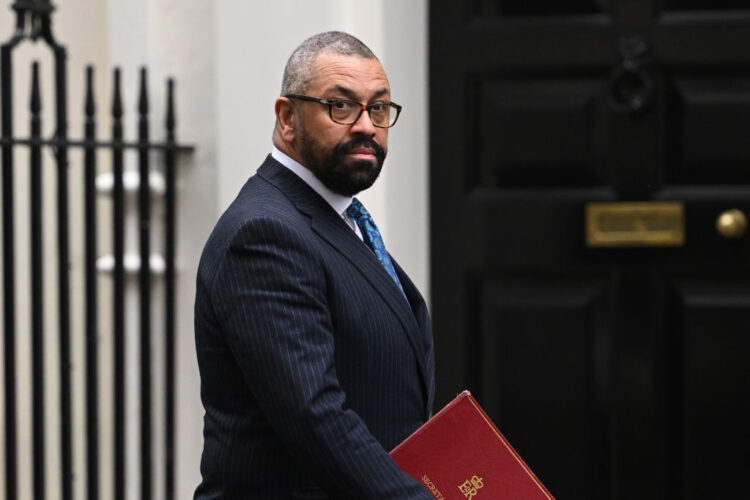By Gabriel Princewill-
The Home Office has unveiled a series of reforms set to streamline investigations into police officers suspected of committing offenses while on duty.
The reforms, announced alongside plans for a White Paper, mark a concerted effort to address concerns over the governance structure of the Independent Office for Police Conduct (IOPC) and the efficacy of current accountability mechanisms.
Responding to apprehensions raised within the policing community regarding diminishing confidence in utilizing their powers, particularly concerning the use of force, the Home Office initiated a comprehensive review.
The findings of this review have paved the way for a raft of proposals designed to enhance the existing framework.
Central to these reforms is the amendment of the threshold for referring police officers for criminal prosecution, ensuring that only cases with a reasonable prospect of conviction are pursued.
Additionally, the IOPC will be empowered to expedite referrals to the Crown Prosecution Service (CPS) once investigations are concluded, providing expedited clarity for both officers and victims.
Crucially, the IOPC’s Victim’s Right to Review policy will be enshrined in law, fortifying victims’ ability to challenge cases where referrals to the CPS have not occurred, thereby closing potential loopholes in the accountability process.
Home Secretary James Cleverly(pictured) emphasized the paramount importance of maintaining high standards of accountability while ensuring officers can execute their duties with confidence and safety.
These reforms, he asserts, strike a delicate balance crucial for public trust in the accountability system.
He said: “Our police officers act bravely in the line of duty, and they should not fear that their actions, when lawful and taken in line with their training and guidance, could damage their careers, wellbeing and family life.
“It is vital for the public and our policing that officers are held to the highest of standards and a balance must be struck between making sure officers can do their jobs safely and confidently and holding them to account.
“That is why the changes we are setting out today, and further measures in the coming months, will ensure both our officers and the public have faith in the accountability system.”
The proposed measures, slated to be integrated into the Criminal Justice Bill, signify the initial phase of the Government’s commitment to revamping police accountability.
Further changes, to be outlined in an upcoming White Paper, will be open for consultation and are envisioned to streamline the accountability system further.
The review process, inclusive of input from frontline officers, senior police leaders, legal representatives, and affected citizens, reflects the comprehensive nature of the reforms.
Concerns over prolonged investigation durations and ensuing proceedings, which erode confidence for all stakeholders, have reportedly been duly acknowledged and addressed.
Concurrently, the Government’s response to an independent review of the IOPC, led by Dr. Gillian Fairfield, highlights structural flaws necessitating reform.
The appointment of Rachel Watson as the new Director General of the IOPC is believed to signify a pivotal step towards addressing these concerns.
Ms. Watson’s extensive experience within the Policing Directorate of the Home Office is expected to inject fresh vigour into the independent watchdog’s oversight role.
In assuming her new role, Ms. Watson reaffirmed the critical importance of the IOPC in fostering public confidence in policing.
She pledged to work collaboratively with stakeholders to build upon existing strengths and ensure the organization is equipped to meet future challenges, underscoring a commitment to rebuilding trust within the policing community and the wider public.




